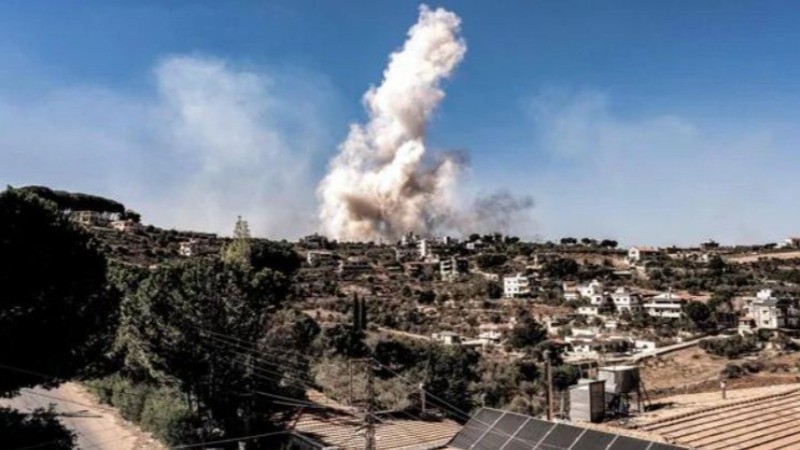
Iran declared on Saturday that it would defend itself after Israeli airstrikes killed four soldiers, intensifying concerns of a larger conflict in the Middle East. Israel responded with a warning that Iran would "pay a heavy price" for any retaliation. Meanwhile, the United States, Germany, and Britain urged Iran to avoid escalating the situation further.
US President Joe Biden expressed hope that the strikes would conclude hostilities, stating that only military targets appeared to have been hit. Biden had earlier urged Israel to spare nuclear and oil facilities in any retaliatory actions, which the International Atomic Energy Agency later confirmed were unaffected.
The European Union called for restraint from all parties to prevent an "uncontrollable escalation." Regional reactions were swift, with neighboring countries condemning Israel's actions. Russia encouraged both sides to act with caution, warning against a "catastrophic scenario."
Iran reiterated its "right and duty" to protect itself. In support, Hezbollah, Iran’s ally in Lebanon, launched rockets targeting residential areas in northern Israel. The Israeli military reported that 80 projectiles crossed the border on Saturday, while Hezbollah issued evacuation notices for several locations in Israel. In turn, Israel advised evacuations in southern Beirut neighborhoods.
Israel conducted additional raids targeting Tehran and surrounding areas, reportedly striking missile factories and military facilities. The Israeli military confirmed that its "retaliatory strike was completed," with jets returning safely. Iran acknowledged the attacks on military sites, noting that radar systems were damaged and four soldiers lost their lives.
Although Iran reserved the right to respond, it emphasized prioritizing a ceasefire in Gaza and Lebanon. Foreign Minister Abbas Araghchi engaged in discussions with officials from Egypt, Qatar, and Syria, seeking regional support.
The recent strikes mark a severe escalation in a prolonged conflict. Israel has faced ongoing attacks from Hezbollah in Lebanon, while continuing to combat Hamas in Gaza since the October 2023 assault that left over 1,200 Israelis dead. The Gaza conflict has since claimed tens of thousands of lives, mainly civilians, amid severe humanitarian challenges.
In Lebanon, more than 1,600 fatalities have been reported since Israeli operations expanded there in September. Hostilities further intensified earlier this month, when Iran launched missiles toward Israel in response to attacks that claimed the lives of key leaders in Hezbollah and Hamas.
As the situation continues to unfold, Israel maintains that it is defending itself from relentless attacks by Iran and its regional allies. The United Nations has cautioned that the ongoing conflicts in both Gaza and Lebanon are causing a "dark humanitarian crisis," with thousands of displaced civilians facing daily challenges. Calls for peace remain ongoing, as neighboring countries and international actors push for an end to the violence.
MORE.....
Israeli Airstrikes Devastate Northern Gaza Amid Growing Global Outcry
Inside Israel's Precision Strikes on Iran: What Sparked the Latest Tensions?
Middle East Latest: Israeli Airstrikes Impact Lebanon, Gaza, and Iran Amid Rising Tensions